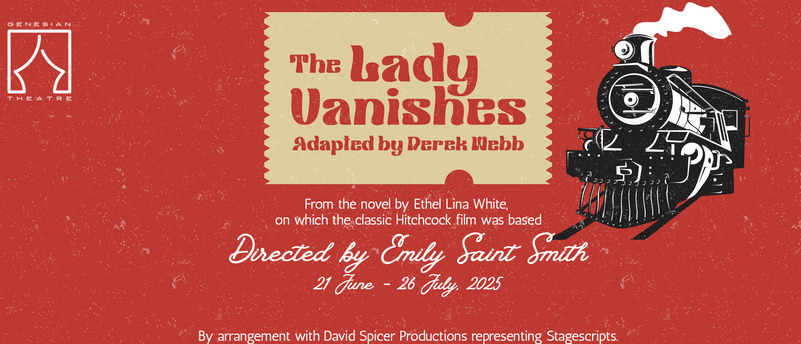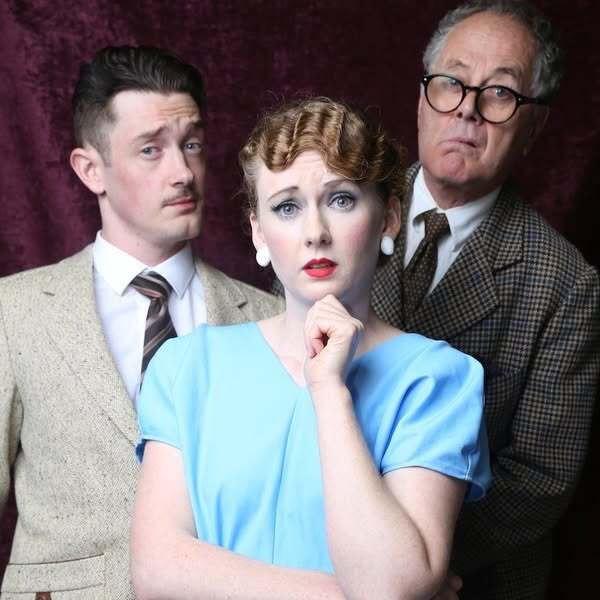With an impressive 68 years of community theatre under their belt, Pymble Players continue to prove that dedication and passion for the arts only improve with time. From their modest beginnings in a church hall to the professional stage of the Zenith Theatre, it is a delight to see the growth of this theatre association. Their latest production, Spider’s Web by Agatha Christie, is a sparkling reminder of why they remain a vital part of the local arts scene.
Unlike other more straightforward “whodunnits,” Spider’s Web plays with the form. Yes, there is a dead body. Yes, there is a confession. But nothing is ever quite what it seems. And at the heart of this delightfully convoluted tale is Mrs Clarissa Hailsham-Brown, played with charm and verve by the magnetic Chloe Callow. Her performance anchors the entire production, capturing the character’s wit, eccentricity, and emotional depth in equal measure.


Clarissa is the kind of role that demands both comic timing and emotional resonance, and Callow delivers both with ease. She effortlessly draws the audience into her world of half-truths, noble lies, and sharp humour. You believe in her motives, root for her decisions, and delight in her cleverness. Her chemistry with the rest of the cast is natural, lively, and essential to keeping the audience engaged through the play’s layered twists and turns.
The supporting ensemble is equally strong. Each actor brings nuance and personality to their roles. Whether they are allies, suspects, or comic relief, the cast meets the challenge of the play’s rapid tonal shifts — from light-hearted to thriller to heartfelt drama — with impressive dexterity.
Visually, the production benefits from the Zenith Theatre’s intimate yet polished setting. The set design cleverly evokes the classic English country house, complete with secret passageways and hidden compartments, which become almost characters in their own right as the plot unfolds.


Agatha Christie’s script — her second most successful play after The Mousetrap — is as mischievous as it is mysterious. The audience is constantly being led in one direction, only to have the rug pulled out from under them in the next scene. Yet amid the red herrings and clever misdirections, there’s also genuine warmth and humour that keeps the story grounded.
In the end, Spider’s Web is a triumph of style and substance. Pymble Players have once again delivered a production that is professional in quality and generous in spirit. For anyone who loves a classic mystery with a twist, this production is an absolute must.
To book tickets to Agatha Christie’s Spider’s Web, please visit https://pymbleplayers.com.au/tickets-info-now-open.
Photographer: Daniel Ferris















